Are muffins bread? Are they cakes? Are they supposed to be eaten for breakfast, lunch, snack, dessert, or all of the above?
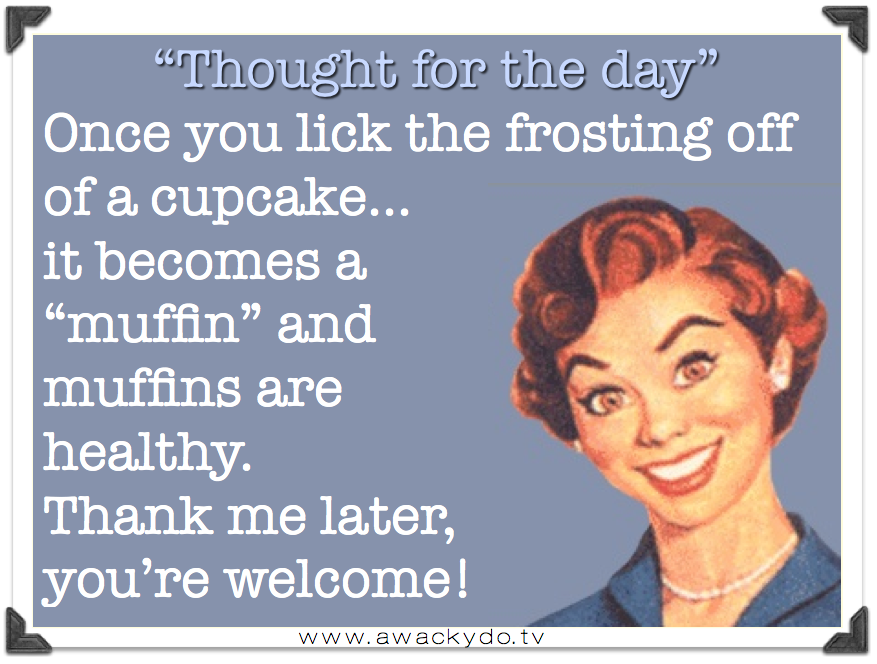
Are muffins really cupcakes without frosting? Thomas Jefferson thought so, and called muffins “a luxury to us.” Today, you can get a recipe for Monticello Muffins at www.monticello.org. But those are not American muffins, tall, soft inside, but with a crispy crust. They are English muffins, yeast-based and flat. Still, in the colonies, they were a novelty and a luxury. In England, though, they probably arrived from Wells together with the most miserly and avaricious, as well as the most unlikely king who won the throne by defeating King Richard III at the Battle of Bosworth Field. Poor Richard, much maligned in history, hadn’t been able to trade his kingdom for a horse and ended up forfeiting the crown together with life.
Henry Tudor, or Harri Tudur in Welsh, became King Henry VII “by right of conquest” on the strength of his Welsh ancestry and Welsh army and thus ended the War of Roses, or the Cousins War. Having been brought up by a fanatically religious, ascetic mother far from an extravagant Edwardian court, he preferred simple but nourishing ancient Welsh food – bara (bread), small round yeast cakes baked on maen (bakestones).
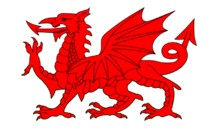
The Red Dragon of Cadwaladr, symbol of the Tudors’ Welsh roots, did not have a long tenancy on the throne of England. Elizabeth the Great, the last Tudor monarch, dies childless, and King James VI of Scotland, son of poor Mary Stuart, the unfortunate queen who lost her head in her fight for the English crown, gets the crown handed to him for lack of any other heirs. The Jacobean era thrives in literature, arts, and culture, but debts, inherited from the Tudors, plague the country for years, throwing it into economic depression, and culminating in a real, bubonic plague. Shakespearean “Tempest” written during this time, could be a metaphor for James’ reign.
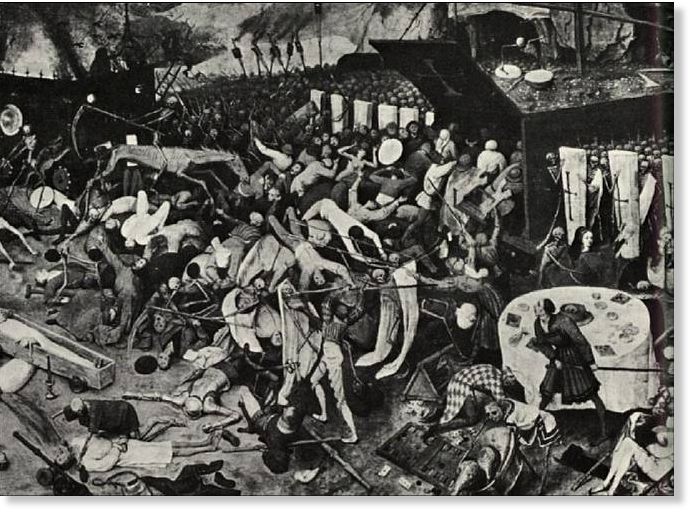
Houses from which bodies were removed would be boarded up, to prevent spreading of the disease. Any inhabitants who were still alive, were left inside with no food – why waste food on those who would soon be dead anyway? The very few fortunate individuals who survived stayed alive due to a bizarre combination of two factors, muffins and tobacco. Muffin men traversed the town streets, ringing their bells (Oxford Companion to Food, A. Davidson, 1999). They did brisk business, accepting coin lowered on strings through cracks between boards and delivering flat muffins the same way, protecting themselves (or so they believed) by… smoking pipes!
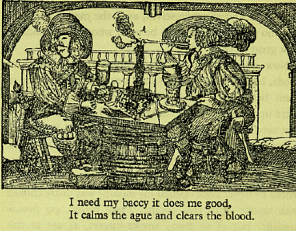
It was during James I’s reign that England “acquired the nicotine habit” (Wikipedia) thus enabling Virginia colony to prosper. The King was so incensed that he authored A Counterblaste to Tobacco:
Have you not reason then to bee ashamed, and to forbeare this filthie noveltie, so basely grounded, so foolishly received and so grossely mistaken in the right use thereof? In your abuse thereof sinning against God, harming your selves both in persons and goods, and raking also thereby the markes and notes of vanitie upon you: by the custome thereof making your selves to be wondered at by all forraine civil Nations, and by all strangers that come among you, to be scorned and contemned. A custome lothsome to the eye, hatefull to the Nose, harmefull to the braine, dangerous to the Lungs, and in the blacke stinking fume thereof, neerest resembling the horrible Stigian smoke of the pit that is bottomelesse (1604).
The royal admonition went unheeded, and Englishmen got seriously addicted to “the filthie noveltie.” By 1612, London had 7000 tobacconists and smoking houses (ibid.); that’s way more than Miami with its cigar culture!
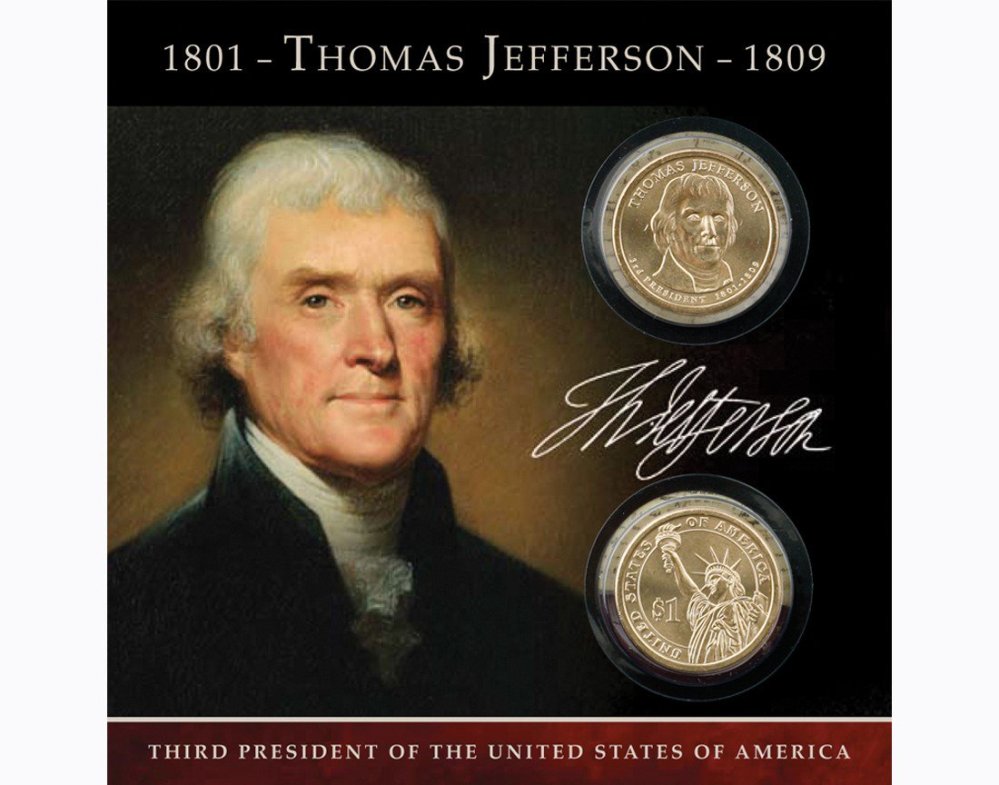
Two hundred years later, Thomas Jefferson, a wealthy owner of a Virginia tobacco plantation, agreed with King James, calling tobacco “infinitely wretched.” As we already know, he preferred muffins.
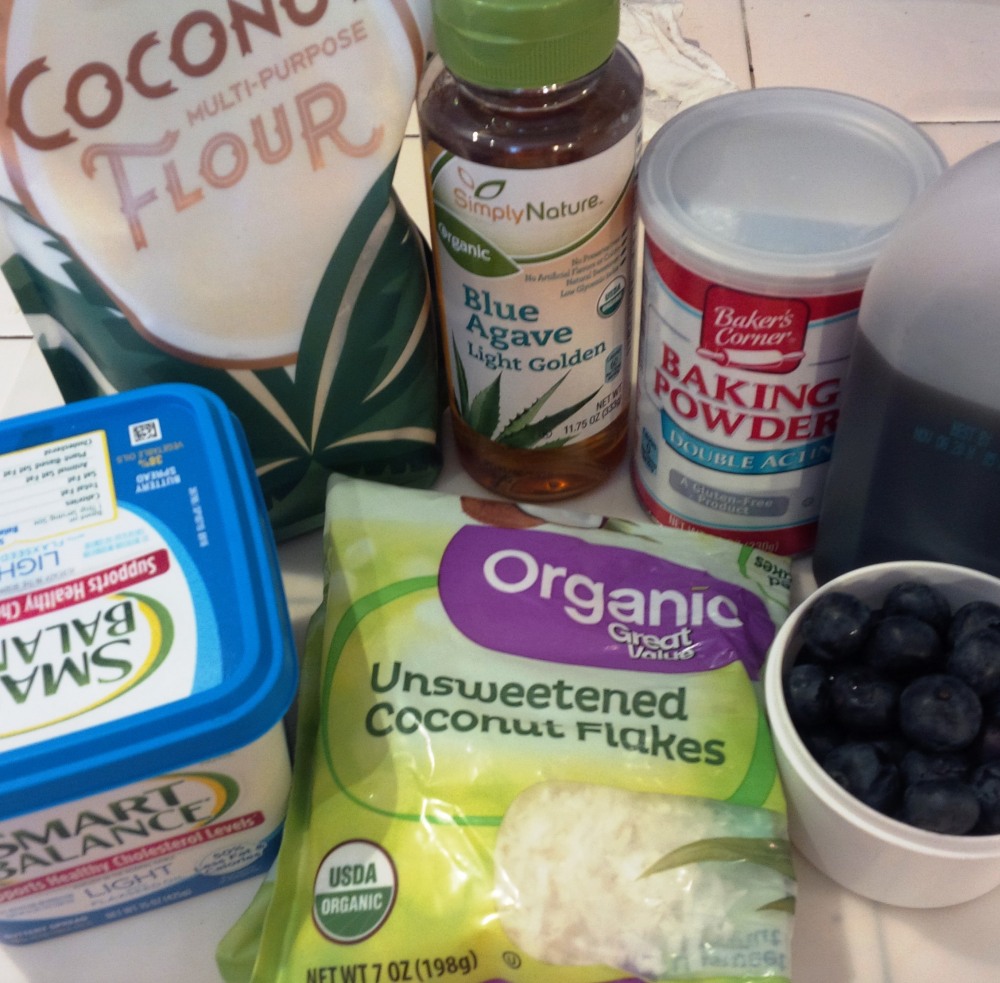
Fluffy and moist American muffins are actually quick breads, made without yeast, but instead leavened by a chemical reaction, as explained in the first cookbook published in the U.S. (American Cookery, A. Simmons, 1796). I set out to make them gluten free by using coconut flour and eggless by substituting aquafaba (liquid left from cooking chickpeas). The leavening agent is baking powder which was developed even later, mid-19th century. Smart Balance to make them buttery, agave to sweeten, a splash of vanilla extract for flavoring, and we are ready for the traditional American “luxury” of huge juicy blueberries. James I in his rage against tobacco blamed native Americans, but we are grateful to them by introducing blueberries to the colonists.
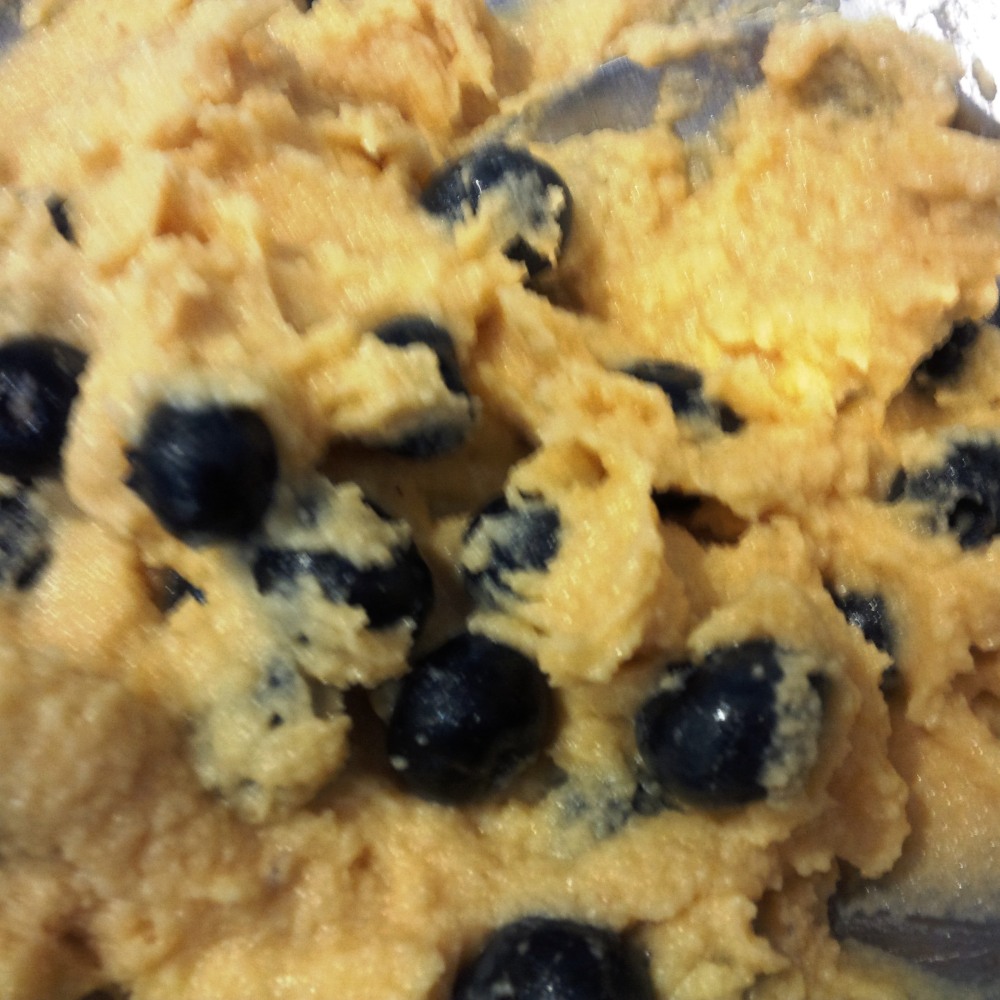
We mix coconut flour with baking powder, whisk aquafaba with melted Smart Balance, agave, and vanilla, and combine wet ingredients with dry until smooth. Then we gently fold in those luscious blueberries.
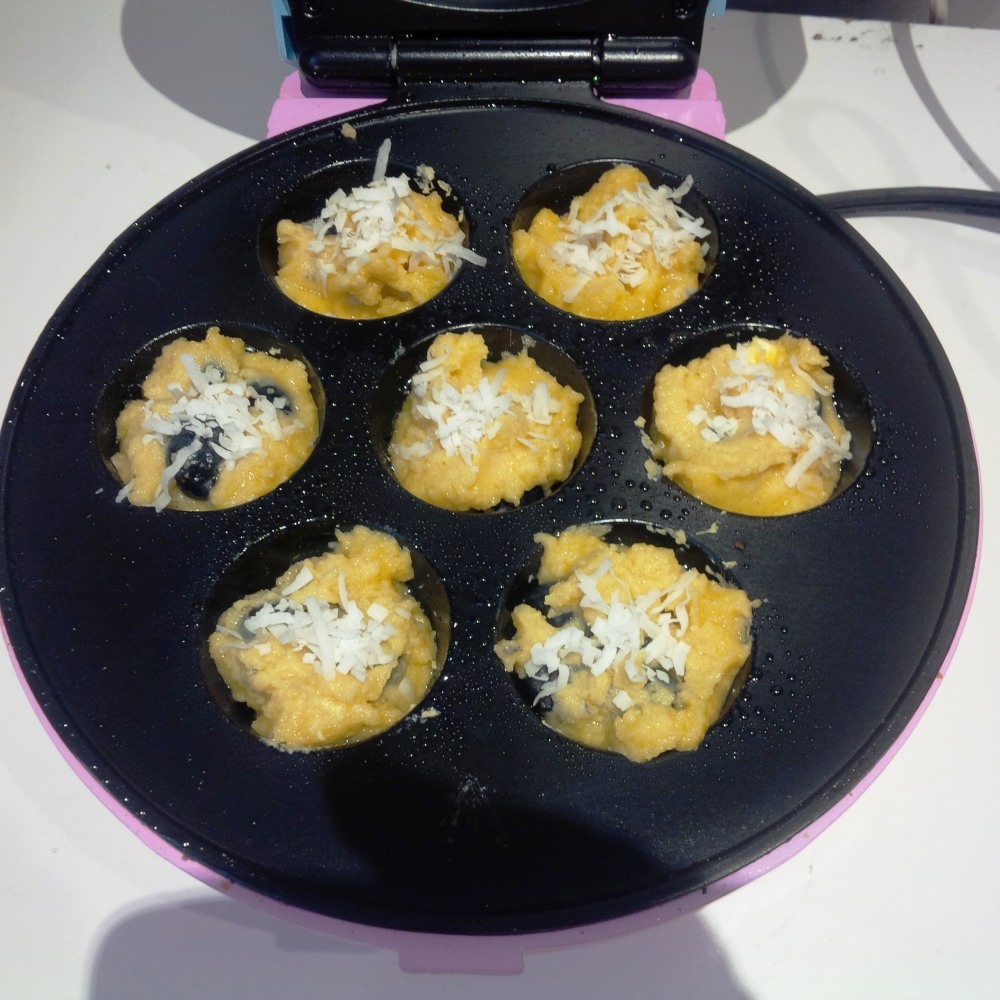
I bake them in my little muffin machine and try not to forget to sprinkle some coconut shreds on top of each before I close the lid. It takes exactly seven minutes for each batch. It’ll take about 15 – 18 minutes to bake all of them in the oven at 400 F.
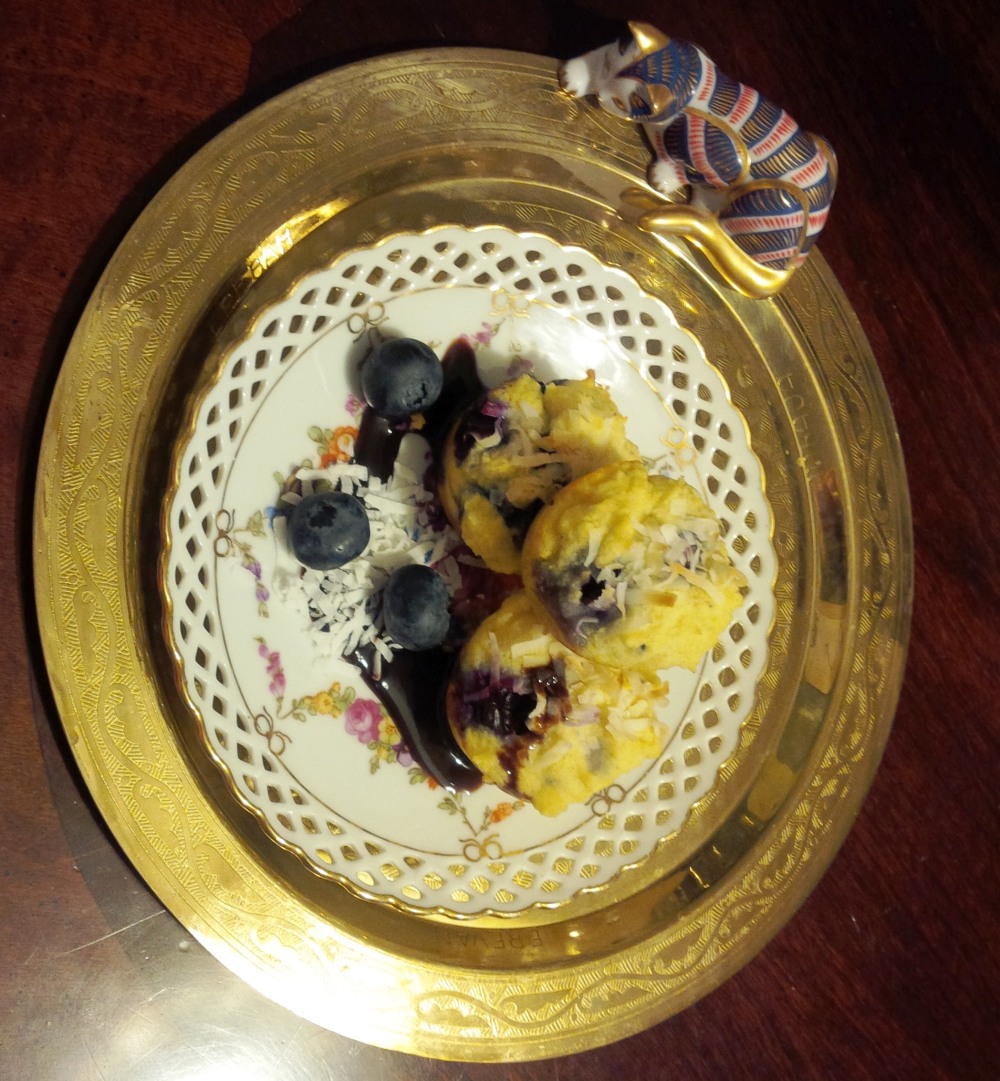
We eat them for breakfast, lunch, snack, dessert, and just because they are there! My husband just picks one and pops it in his mouth any time he passes by. So I am asking you, Beautiful People: we gave England tobacco, and in return, they gave us muffins – who got a better bargain?
INGREDIENTS
- 1/4 cup coconut flour
- 1/4 teaspoon baking powder
- 3/4 cup aquafaba (equivalent to 3 eggs)
- 3 tablespoons Smart Balance or any butter substitute of your choice, melted
- 3 tablespoons agave
- 1/4 teaspoon salt
- 1/4 teaspoon vanilla extract
- 1/2 cup blueberries
- Alternative: chocolate syrup to garnish
PROCEDURE
- Preheat oven to 400°F.
- Mix coconut flour and baking powder.
- Whisk aquafaba with salt, and melted butter substitute, agave, and vanilla. Stir until smooth.
- Add dry ingredients to wet ingredients, mix thoroughly. Gently fold blueberries into batter.
- Bake for about 15 – 18 minutes, or until a toothpick inserted into the center comes out clean. Cool first in pan, then on rack.
- Serve on a smear of chocolate syrup
Enjoy!

Hmmm bara bridd is completely different to muffin – the Welsh even took it to Argentina / Arianinn. And muffin is not the same thing in UK as in US – although the two things are now both in common parlance and completely confused.
LikeLiked by 1 person
bara brith usually contains eggs too 😦
LikeLiked by 1 person
It does; I actually discovered an old recipe where it is called pice ar y maen, i.e cake rather than bread, but bara maen is given as an alternative name. It is different from later bara bridd that became torta negra in Argentina.
LikeLiked by 1 person
Thank you for your comment. You are right, and I am making a distinction between flat yeast-based English muffins and tall fluffy American ones. However, most sources consider bara bridd a predecessor of flat English muffins that was introduced to London by the Tudors and proliferated during the Jacobean times. I agree with you that they are thoroughly confused now.
LikeLiked by 1 person
As for the tobacco debate – that was huge. William Barclay published ‘Nephenthes or the virtue of tobacco’ in 1614 – see British Libraray Rare Books vol. 1038.1.43 entitled simply ‘Tracts 1614-1633’. ‘Tobacco Battered’, seemingly a response, possibly by the Puritan, George Goodwin, is included in the same volume alongside his ‘Auto-Machia’. Nepenthes is now the name given to carnivorous pitcher plants.
LikeLiked by 1 person
Very interested, thank you for references. So Barclay published it during James’ reign and dared to argue with the king?
LikeLike
As a Brit in France my boys grew up with muffins as an oversized cupcake. English muffins for me are reserved for eggs Benedict and I’ve never eaten them any other way! What we miss here are crumpets, smothered in butter and maybe jam, honey or marmite.
LikeLiked by 2 people
I completely agree: English muffins for Eggs Benedict! Never developed liking for crumpets, though; I guess it goes with being British as fondness for caviar goes with being Russian.
LikeLiked by 2 people
We all have those things we grew up with. My husband had macaroni pudding and I think that’s disgusting!
LikeLiked by 1 person
LOL
LikeLike
Absolutely fascinating history, and a recipe that sounds delightful.
LikeLiked by 1 person
Thank you so much, dear Carol, I am so glad you like it!
LikeLiked by 1 person
Reblogged this on All About Writing and more.
LikeLiked by 2 people
Thank you for reblogging.
LikeLike
You are welcome!
LikeLiked by 1 person
Great story and an awesome recipe.
LikeLiked by 2 people
Thank you so much; I am so glad you like it!
LikeLiked by 1 person
We enjoy the way you weave stories and food together. Thank you.
LikeLiked by 1 person
That is so nice to hear!
LikeLiked by 1 person
Unfortunately for my waistline I love all these variations…I also love your blog for its wonderful combination of history and recipes! 😺💖xxx
LikeLiked by 2 people
Thank you so much, Samantha, for the compliments, but truly, there is nothing in these muffins that would affect your waistline in any way!
LikeLiked by 1 person
The North American muffin/cupcake issue confuses me too. I thought at one point that the order/technique in which the ingredients were assembled were the difference, and briefly that it was a sweet verus savoury difference. Since I prefer savoury ie corn bread/muffins, I’m more likely to make them than the sweet cupcake version. Which I make cause a whole cake is a challenge for a single person to eat in a responsible fashion.
Aquafaba … the scariest ingredient I’ve heard of since kombucha. I pour that stuff down the drain before obsessively rinsing out my beans on the rare occasions that I buy the canned ones. 🙂
LikeLiked by 2 people
If you can have eggs, you have no need for aquafaba, but I am on a mission to fight cholesterol. Muffins could be either savory or sweet, although the original muffins were sweet and were called cakes. Go figure! I’ve read one baker’s explanation that once you start by creaming butter with sugar, you are making cupcakes. It doesn’t really make much sense to me, any more than the frosting vs no frosting joke. However, I did call these little creations savory because of the frosting https://koolkosherkitchen.wordpress.com/2017/05/03/only-good-words-for-savory-cupcakes/
P.S. I love kombucha; it reminds me of
LikeLiked by 2 people
…got cut off, sorry!
Kombucha reminds me of Russian kvass.
LikeLiked by 2 people
I saw a picture of that raft thing. Fermentation seems to have gone into new and scary directions. 🙂
LikeLiked by 1 person
Which raft thing? What am I missing?
LikeLiked by 1 person
The scoby …
Kombucha is a type of fermented drink made with a SCOBY, or a symbiotic culture of bacteria and yeast, which floats on top of a sweetened tea mixture like a rubbery raft.
LikeLiked by 1 person
Ah, I hadn’t realized that was what you were calling a raft – thank you. No, I don’t mind. Have you ever skimmed cream off the non-pasteurized fresh milk? It also floats like a raft, and it’s the most delicious things in the world, especially with wild strawberries. Neither is available in the U.S., unfortunately. Oh well… I can’t have cream any more, anyway.
LikeLiked by 1 person
Raw milk … I haven’t had any in over 50 yrs since I was a kid and lived in Yugoslavia. You can’t get raw milk in Ontario unless you live/have a membership in a dairy farm cop-op. It’s all pasteurized stuff for our health. 🙂
LikeLiked by 1 person
Exactly – same here in the U.S. I remember trying to make prostokvasha out of pasteurized milk – what a disaster!
LikeLiked by 1 person
I too have this doubt all time..are muffins snack or dessert?But I don’t care as far as it tastes great..your muffins looks yum and I loved your muffin pan.
LikeLiked by 1 person
Thank you, dear Lathiya, for your lovely comment! You are so right – I don’t e what it’s called as long as I can pop it in my mouth and enjoy it, and my husband cares even less!
Those muffin machines are available on Amazon, and they are pretty reasonably priced.
LikeLike
There was lot I didn’t know about either muffins or tobacco here. Nice presentation for the recipes.
LikeLiked by 1 person
Thank you so much, Frank; I am glad you like it.
LikeLiked by 1 person
Really enjoyed the historical background and the way you adapted the recipe. My mouth watered as I gazed fondly at the photo.
Being Welsh on my Mother’s side meant growing up with Welsh Cakes. Mom made them on a very large, heavy cast iron frying pan. My grandmother made them on a plank, which was a cast iron plate put into the coal stove, a substitute for the bakestone.
If you’d flattened your creation to about a half inch, they’d have resembled Mom’s Welsh Cakes.
Oh, Mom said that a Welsh cake isn’t really a cake. It isn’t a biscuit, either. And it isn’t a muffin, or a cookie, or anything else. It’s a Welsh Cake. Confused? Try Cawl. Looks like soup. Sort of. Looks like stew. Sort of. But it’s not soup. It’s not stew. It’s Cawl. And then there’s plum pudding. It’s not a pudding. It’s not a fruit cake. It’s. . . yes. Plume Pudding.
L-rd Bless, Keep, Shine upon you and yours
LikeLiked by 1 person
Thank you for your wonderful comment – I was laughing almost to tears! Yes, I am aware that Welsh cakes are not really cakes Plum pudding is not a pudding. As to Cawl – only you guys know what it is, but I am tempted to try it one of these days!
Have a great weekend!
LikeLike
Oh, such an interesting history of the muffin! I like them and think your recipe sounds divine 🙂
LikeLiked by 1 person
Thank you, dear Christy! If you try it, please let me know – enjoy!
LikeLiked by 1 person
I love all kinds of muffins and quick breads, most of which I can no longer eat since I’ve stopped eating gluten. SO nice to see a recipe I can enjoy – and it looks delicious.
Again, kudos for the history lesson. I wasn’t aware of the overlap of the writing The Tempest and the bubonic plague. Puts an interesting spin on some of Caliban’s monologues.
Love your blog. Will your cookbook include history stories too?
xx,
mgh
(Madelyn Griffith-Haynie – ADDandSoMuchMORE dot com)
ADD/EFD Coach Training Field founder; ADD Coaching co-founder
“It takes a village to educate a world!”
LikeLiked by 1 person
Thank you very much!
When I was researching for this post, my original intention was to use some Shakespeare quotes about food. Then I realized that each and everyone of them is a double entendre, totally not acceptable in polite company. They were quite bawdy in those times, you know! Then I remembered Sir Lawrence Olivier as Richard III and found that delightful spoof on Youtube.
The cookbook includes everything but the Youtube videos and Google images.
I am still grappling with the cover, waiting for my artist friend to have a moment for me.
LikeLiked by 1 person
Soooooo exciting! Take your artist friend some chocolate chip cookies, LOL. 🙂
xx,
mgh
LikeLiked by 1 person
I do that all the time – she is a neighbor.
LikeLiked by 1 person
Lucky lady — but it sounds from your blog like your husband might leave few cookies to share. I probably wouldn’t either! 🙂
LikeLiked by 1 person
Oh, but I always hide a few.
LikeLiked by 1 person
Smart! hehehe
xx,
mgh
LikeLiked by 2 people
🙂
LikeLiked by 1 person
Quite different recipe…
LikeLiked by 1 person
It is, and it was an experiment, and it came out delicious.
LikeLiked by 1 person
That’s good.
LikeLiked by 1 person
Thank you, dear!
LikeLiked by 1 person
Reblogged this on Die Erste Eslarner Zeitung – Aus und über Eslarn, sowie die bayerisch-tschechische Region!.
LikeLiked by 1 person
Thank you for reblogging.
LikeLiked by 1 person
Thank you very much! But dont bash the Britains, they leave Europe, this is sad enough for them. (joke) LOL . Have a great weekend. 😉 Michael
LikeLiked by 1 person
Who is bashing them? We love English muffins! The British royals are the best pageant in the world!
Have a wonderful weekend as well!
LikeLiked by 1 person
😉 Yes, sorry was a joke! ;-)Michael
LikeLiked by 1 person
Of course – I know! Have a fun Sunday!
LikeLiked by 1 person
Thx 😉
LikeLiked by 1 person
🙂
LikeLike
We definitely got the best end of that deal!!
I don’t care what they’re called, let me eat them!
LikeLiked by 1 person
They are so easy to make – just do it! Give the little ones a treat!
LikeLiked by 1 person
Eh, you know I hate to cook! I know, I’ll send you some money, you bake, and mail to me!!
LikeLiked by 1 person
What money?! Get it out of your head, girl friend! I’d be happy to do that, but by the time you get them, they’ll be stale.
LikeLiked by 1 person
Lol, well your stale muffins probably still taste better than mine, just baked! lol
LikeLiked by 1 person
🙂
LikeLiked by 1 person
Whatever they are but like you we love them for breakfast, lunch or brunch, snack, anytime. They are easy to prepare and you can make them as healthy as you want. Love your gluten free take on muffins.
LikeLiked by 1 person
Thank you, dear Bal, I am so glad you like them!
LikeLike
They can call them whatever they want! I just call the delicious!
LikeLiked by 1 person
LOL Thank you!
LikeLiked by 1 person
Reblogged this on koolkosherkitchen and commented:
I am so glad that today is a National Blueberry Muffin Day, according to https://foodimentary.com. I love blueberry muffins, and I am happy to share my recipe with you, Beautiful People – enjoy!
LikeLike
Very interesting history on the muffin and the muffins in your photos look delicious! Thanks Dolly
LikeLiked by 1 person
Thank you so much, Gary!
LikeLike